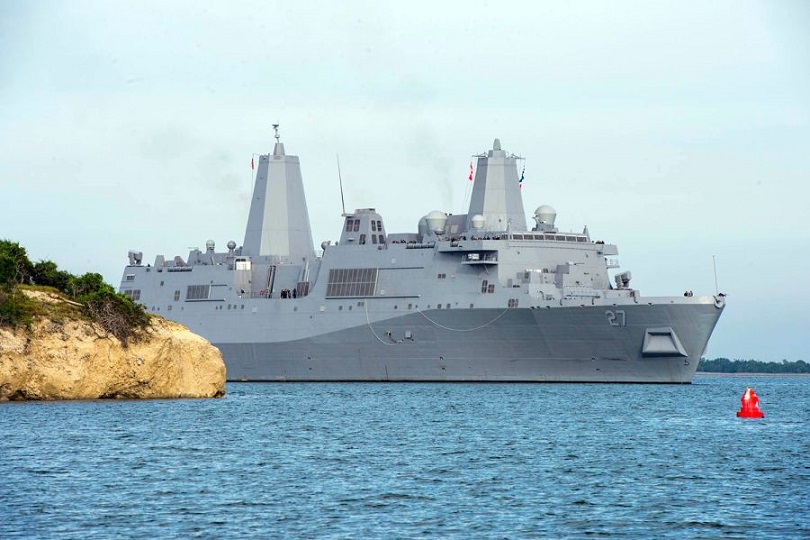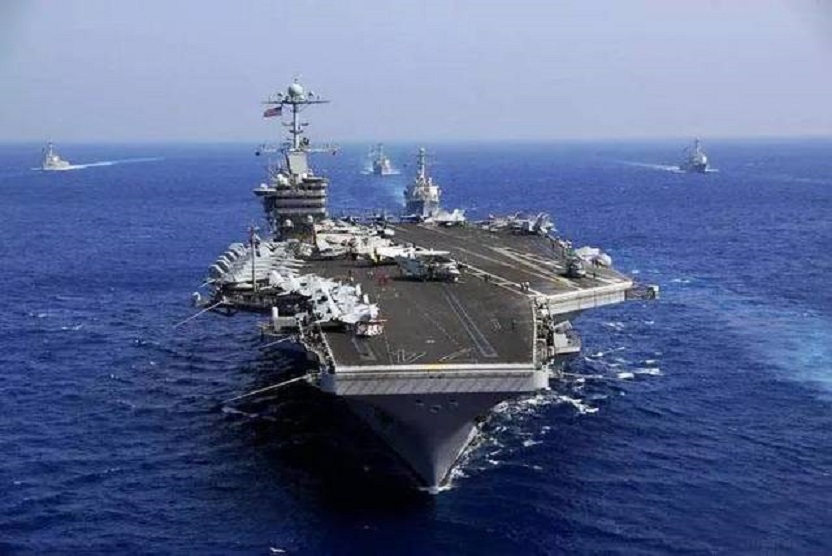Application of Titanium Alloys on Ships

Application of Titanium Alloys on Ships
Titanium alloy is an alloy composed of titanium as a base material and other elements. It has the outstanding advantages of low density, high specific strength, good corrosion resistance, good heat and low-temperature resistance, non-magnetic, good impact resistance, and good welding performance. The hull components made of titanium alloy greatly improve the performance of the equipment. In this article, let's take a look at the application of titanium alloys on ships.

Application of Titanium Alloys on Ships
The application of titanium alloys on ships is mainly concentrated in Russia, the United States, Japan, China, and other countries.
1. Russia
Russia is the earliest country in the world to develop and use marine titanium alloys.
Russia built the first "ALFA" class nuclear submarine in 1970. In the 1970s and 1980s, it built 6 more, each of which uses about 3000t of titanium and has a maximum diving depth of 914m. This type of submarine is light and fast with good maneuverability.
Another typical example of the use of titanium on ships is the Russian "Typhoon" class nuclear submarine. It has an outer shell made of titanium. Due to military needs, it adopts a double-shell structure. Its double-layer shell uses a total of 9000t of titanium, which makes it non-magnetic, deep-dive, fast speed, low noise, and fewer maintenance times.
2. United States
American marine titanium alloys are mainly based on aviation titanium alloys. Titanium alloys with corrosion resistance in seawater corrosive environments are selected, including pure titanium, Ti-0. 3Mo-0.8Ni, Ti-3Al-2.5V, Ti-6Al-4V, Ti-6Al-4V ELI, Ti-3Al-8V-6Cr-4Mo-4Zr. In addition, in view of the characteristics of marine titanium alloys, Ti-5Al-1Zr-1Sn-1V-0.8Mo-0.1Si and other marine titanium alloys have been developed.
The use of high-performance titanium alloys on ships has a significant effect on improving the mobility and stability of ships and reducing the mass of the hull.
In the 1990s, the U.S. Navy conducted certification assessments on the following ships, including nuclear-powered aircraft carrier (CVN), guided-missile cruiser (CG-47), guided-missile frigate (FFG-7), probe ship (MCM), amphibious landing craft (LSD41CV), landing craft, hovercraft (LVCA), amphibious assault landing craft (LHD), fast combat munitions supply ship (AOE-6), double hull surveillance ship (SWATH T-AGOS19), coastal exploration ship (MHC-51), guided-missile destroyer (DDG-51). The seawater cooling systems, fire extinguishing systems, structural parts, thrusters, sewage treatment systems, electrical components, fasteners, etc. of these ships have all used or will use high-performance titanium alloys.
3. Japan
The series of deep-sea diving survey ships "Deep Sea 2000" and "Deep Sea 4000", which started in 1981, have adopted titanium alloys for their shell frames, pressure-equalizing vessels, and piping.
Japanese marine titanium alloys mainly include pure titanium, Ti-6Al-4V, and Ti-6Al-4V ELI, which are mainly used in pressure-resistant shells of deep submersibles and various civilian cruise ships and fishing boats.
4. China
The research and application of Chinese marine titanium alloy began in the 1960s. After decades of development, a relatively complete marine titanium alloy system has been formed, which can meet the requirements of ships and submarines for different strength levels.
The application of marine titanium alloys involves hull structures, propulsion systems, power systems, electronic information systems, auxiliary systems, special devices, etc. Divided by the yield strength level, that is, the yield strength below 490 MPa is a low-strength titanium alloy with excellent plasticity, 490-790 MPa is a medium-strength titanium alloy, and higher than 790 MPa is a high-strength titanium alloy.
Conclusion
Thank you for reading our article and we hope it can help you have a better understanding of the application of titanium alloys on ships. If you want to know more about titanium and titanium alloys, we would like to advise you to visit Advanced Refractory Metals (ARM) for more information.
Headquartered in Lake Forest, California, USA, ARM is a leading manufacturer & supplier of refractory metals across the world. It provides customers with high-quality refractory metals & alloys such as titanium, titanium alloys, tungsten, molybdenum, tantalum, rhenium, and zirconium at a very competitive price.
{{item.content}}
LEVE A REPLY
{{item.children[0].content}}
{{item.content}}






